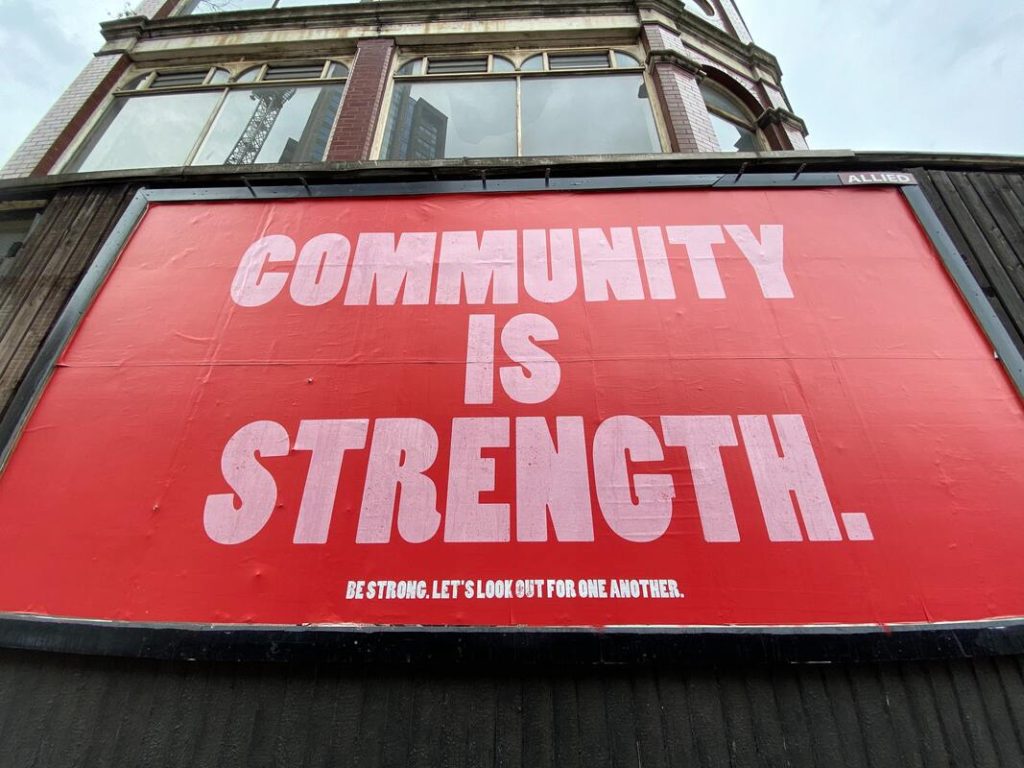Your community’s neighborhood has a huge influence on your overall well-being. It also determines whether you’re breathing clean air, how often you get outdoors to exercise, whether you have access to healthy food choices, and how safe the drinking water is. In one survey, different social factors, like the quality of support services and the physical environment, can significantly affect people’s lives.
In this modern society, many corrupt officials don’t focus on quality living and beneficial healthcare policies. But you don’t have to worry. You and your neighbors can take small steps to make the neighborhood healthier. Here’s a guide your community can use to improve your lifestyle and well-being.
Growing Healthy Foods in Your Garden

Instead of buying refrigerated produce, it’ll be healthier to grow your vegetables or fruits in your garden. That’s because it’ll urge you to use homemade compost and not artificial fertilizers and pesticides. You also won’t have to commute, further reducing carbon emissions and fuel consumption that cause climate change. You can also organize a healthy produce trade with your neighbors who own a vegetable garden.
You can also urge everyone to contribute to planting in an empty lot. Maybe that’s not possible in your area. In that case, you can buy a bulk membership in community-supported agriculture or start a centrally-located farmers’ market to get fresh seasonal produce for everyone. You can also urge local schools, restaurants, and grocery stores to provide the community with healthier food options.
Buying from Your Local Entrepreneurs
Buying from local entrepreneurs in your area will help them grow while also helping you and your neighbors in different ways. Firstly, it’ll reduce fuel consumption and improve physical fitness if you have access to nearby stores. That’s because you can use your bike or walk. If goods aren’t from other places and stores are near, you’ll also minimize habitat loss, carbon emissions, energy consumption, and traffic jams.
On top of that, supporting local merchants will improve the local economy. In turn, it’ll improve your community and save more lives.
Inspiring the Neighbors to Plant Trees
In addition to absorbing carbon dioxide and air pollutants, planting trees will also keep you safe against climate change. It’ll also provide oxygen, improving your community, wildlife, and health in different ways. Hence, it’ll be best to plant trees in your garden and encourage everyone to do the same. You can also host a tree-planting project. You can find organizations and cities that can provide free seedlings to groups.
Using Unused Spaces for Flower Beds
Using tiny spaces as flower beds will make your community more unique. Maybe, you spot an unused lot that you can transform into a sitting park or meditation garden. Or that land that you and your neighbors can turn into a rain garden to absorb storm-water runoff? It’ll also be best to filter out pesticides, chemicals, and other pollutants.
Don’t forget to start in your garden. Build an enormous rain garden to absorb rainwater from your downspouts, and encourage your neighbors to do the same.
Trying to Lower Your Carbon Footprint
Installing solar panels will allow you to generate electricity without producing harmful greenhouse gas emissions. It might sound expensive, but it’s helpful. You can also encourage your neighbors to do the same to minimize your expenses. You can host a bulk purchase with those interested and get a discount. If you’re more interested in wind energy, consider installing a small wind turbine on your property.
If possible, you can encourage them to build a community-owned wind farm.
Being a Volunteer in Your Community
It’ll also help organizations focused on making your community healthier, whether by improving the area, fighting poverty, or providing nutritious meals to elderly neighbors. You can also help your community by running for the city council or local office, getting elected or appointed, writing letters to community leaders, and attending meetings.
It’ll allow you to get directly involved in decision-making about your region’s parks, open spaces, growth, and other aspects that affect health. Different studies also show that volunteering will boost your well-being, making it all the more reason for encouraging your neighbors to get involved.
Encouraging to Build Outdoor Spaces
Based on different studies, forests, undeveloped fields, trees, and nature are good for your mind and body. It’ll encourage you to go outside and get moving and lower blood pressure. Being in nature will also minimize the body-damaging impact of stress, further promoting your overall well-being. It’ll be more helpful to work with community leaders to build more outdoor recreational areas, walking and biking paths, and green spaces.
If you’re in an urban area that doesn’t have open spaces, you can encourage community centers, churches, schools to open their place to residents when not in use. You can ask about pools, play areas, or indoor gyms that you can use for bad weather. In looking for a local gym, it’s best to find an establishment that employs trainers who took NASM CEU courses. It’ll make the community healthier without worries.
Living a healthy lifestyle doesn’t focus on exercising and eating well. Your community will also influence your health, including whether you have a neighborhood that inspires everyone to be healthy, opportunities to stay fit safely, and access to healthy options.

